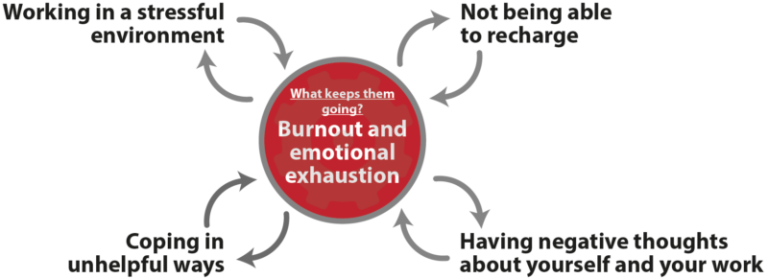Choosing a Trauma Therapist Near Me: What to Consider

Finding the right trauma therapist near me is an important step toward healing from past experiences. Trauma can deeply affect emotional, mental, and even physical well-being, making it essential to work with a qualified professional who understands your needs. But with so many options available, how do you choose the right therapist?
This guide will help you identify key factors to consider when selecting a trauma therapist to support your healing journey.
Understanding the Role of a Trauma Therapist
A trauma therapist specializes in helping individuals process and recover from traumatic experiences. They use evidence-based techniques to address trauma-related symptoms, such as:
- Anxiety and panic attacks
- Depression and emotional numbness
- Post-traumatic stress disorder (PTSD)
- Difficulty in relationships
- Flashbacks or intrusive thoughts
By working with a professional, you can develop healthier coping mechanisms and regain a sense of control over your life.
Key Factors to Consider When Choosing a Trauma Therapist
1. Their Experience and Credentials
Not all therapists specialize in trauma, so it’s important to find one with the right qualifications. Look for:
- A licensed psychologist, counselor, or social worker
- Certifications in trauma-focused therapy, such as EMDR (Eye Movement Desensitization and Reprocessing) or Trauma-Focused Cognitive Behavioral Therapy (TF-CBT)
- Experience working with clients who have experienced similar types of trauma
2. Therapeutic Approaches Used
Different therapists use different methods to treat trauma. Some of the most effective approaches include:
- Cognitive Behavioral Therapy (CBT): Helps you change negative thought patterns related to trauma.
- EMDR Therapy: Uses eye movements to help process traumatic memories.
- Somatic Therapy: Focuses on the connection between mind and body to release stored trauma.
- Narrative Therapy: Encourages you to reframe your traumatic experiences in a new perspective.
Ask your therapist about their preferred approach and how it aligns with your healing needs.
3. Comfort and Connection
Since trauma therapy involves discussing personal and painful experiences, it’s essential to feel comfortable with your therapist. During your first session, ask yourself:
- Do I feel heard and understood?
- Does the therapist create a safe and non-judgmental space?
- Can I see myself building a trusting relationship with this person?
Therapeutic success often depends on the connection between the therapist and client, so trust your instincts.
4. Location and Accessibility
Searching for a “trauma therapist near me” ensures you find someone convenient to access. Consider:
- Is their office near your home or workplace?
- Do they offer online therapy sessions if needed?
- Are they available during times that fit your schedule?
Many therapists now offer virtual therapy, which can be helpful if you have a busy lifestyle or prefer remote sessions.
5. Cost and Insurance Coverage
Therapy can be an investment in your well-being, but it’s important to find a therapist within your budget. Check:
- If they accept your health insurance
- Whether they offer a sliding scale fee based on income
- Their session rates and payment options
If cost is a concern, community mental health centers and nonprofit organizations may offer affordable therapy options.
6. Reviews and Recommendations
Reading reviews from past clients can provide valuable insights into a therapist’s effectiveness and approach. You can:
- Check online directories like Psychology Today or TherapyDen
- Read testimonials on the therapist’s website
- Ask friends or family for recommendations
Hearing others’ experiences can help you make a more informed decision.
Taking the Next Step
Choosing the right trauma therapist near me is a personal decision that requires careful consideration. By evaluating a therapist’s experience, approach, and connection with you, you can find the best support for your healing journey.
If you’re ready to start therapy, visit www.carriemcconnell.com to explore professional trauma therapy services tailored to your needs. Healing starts with the right support—take the first step today.






